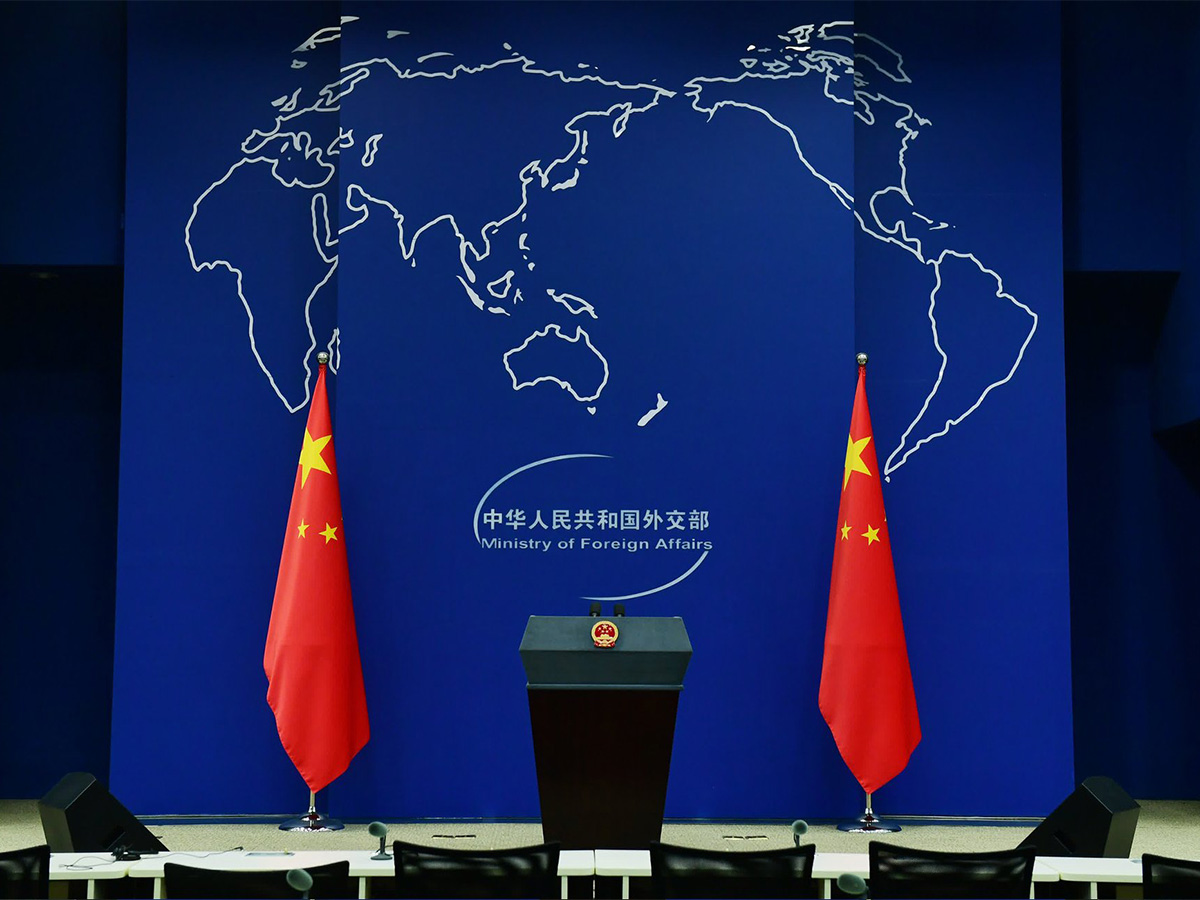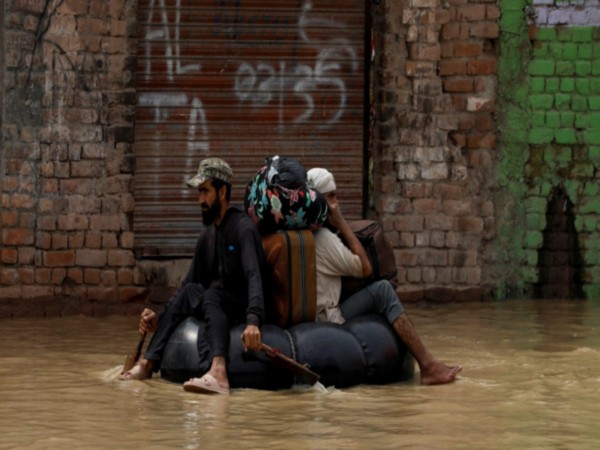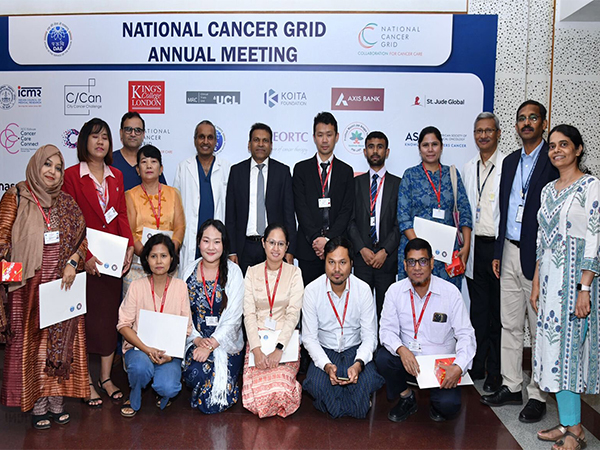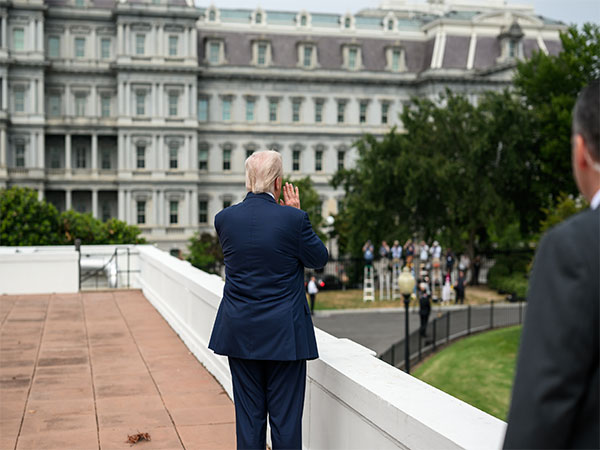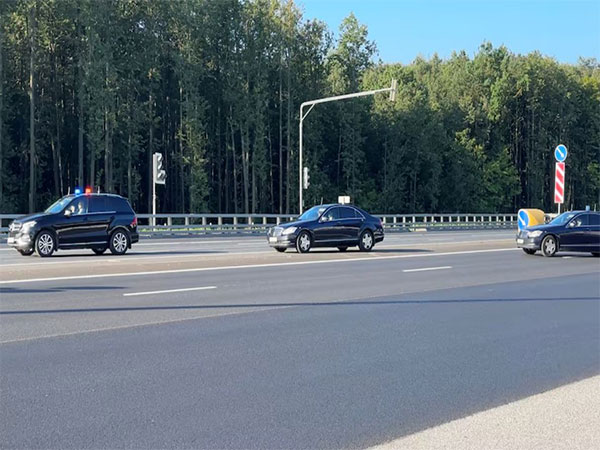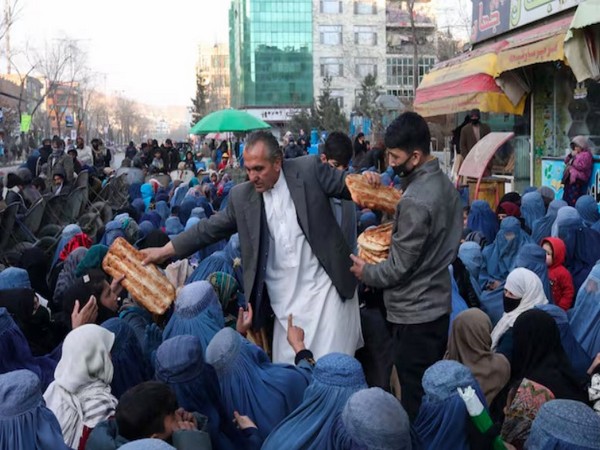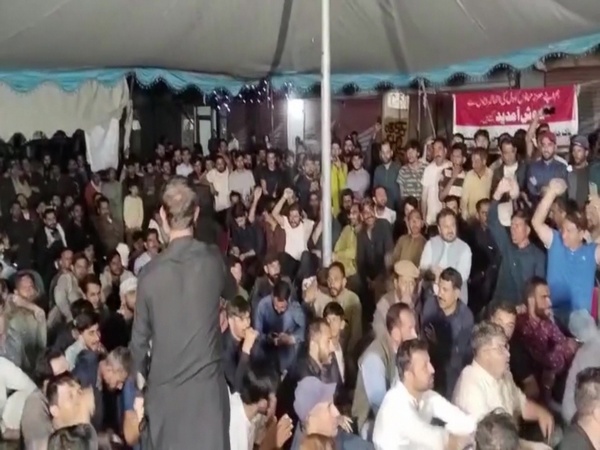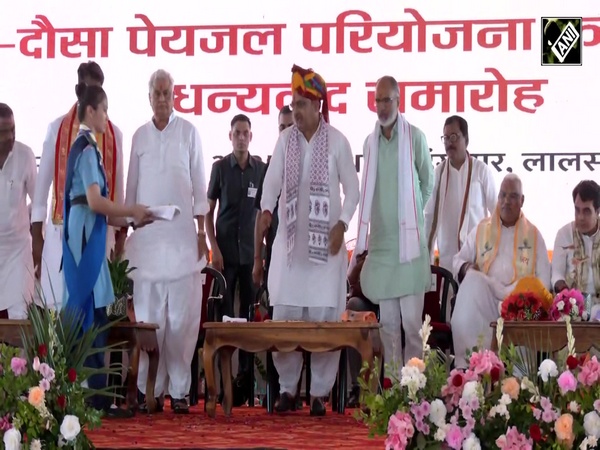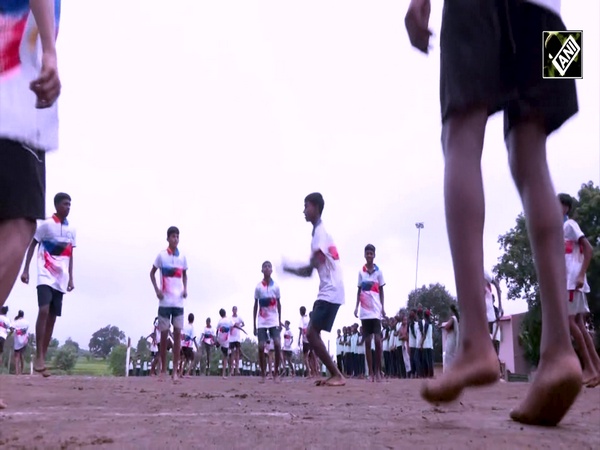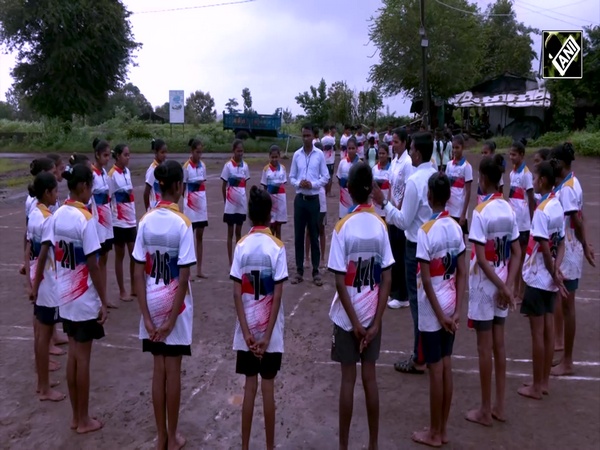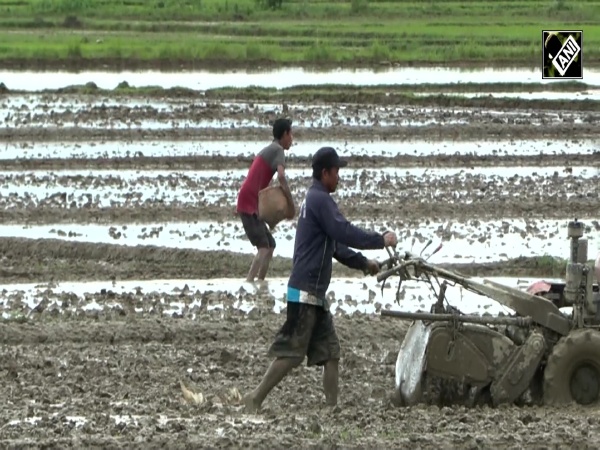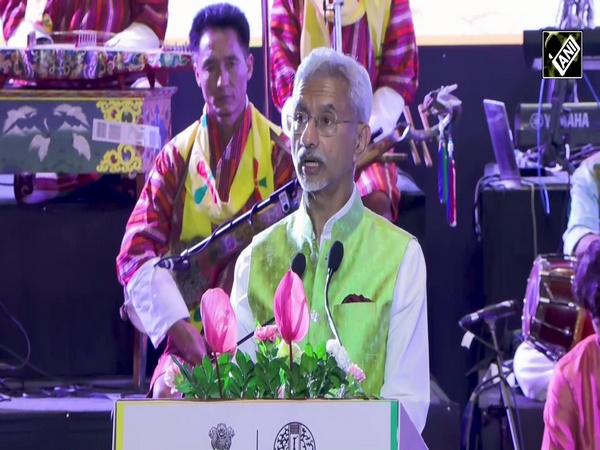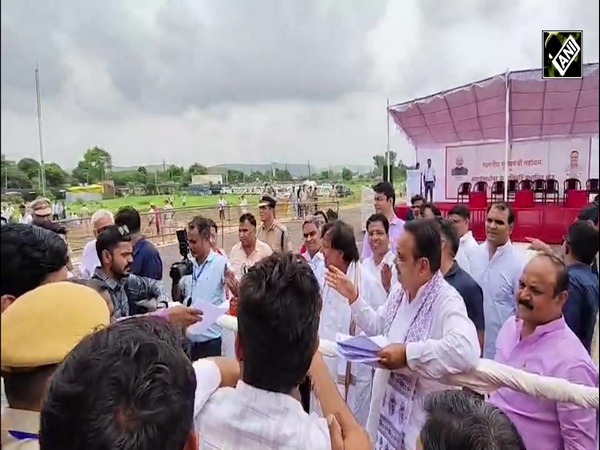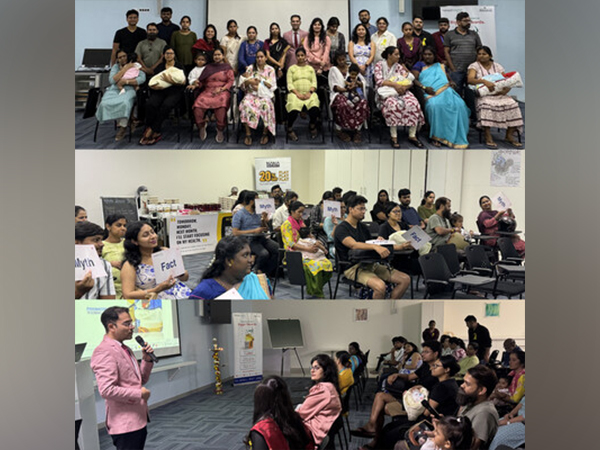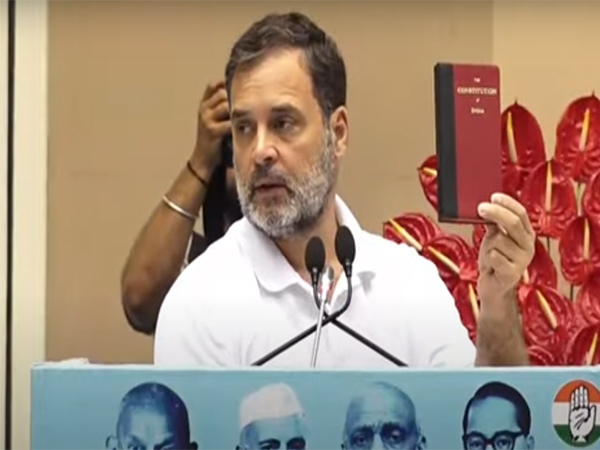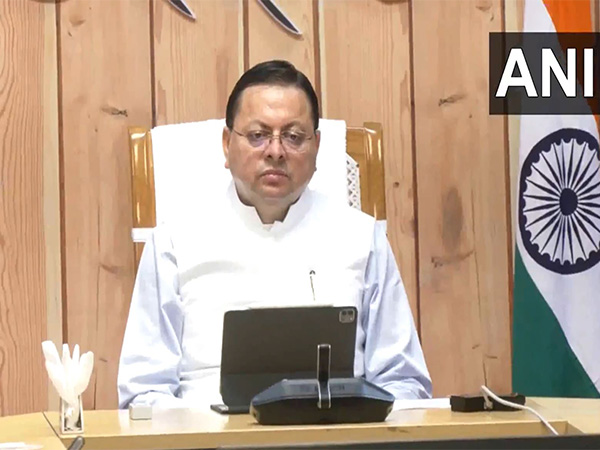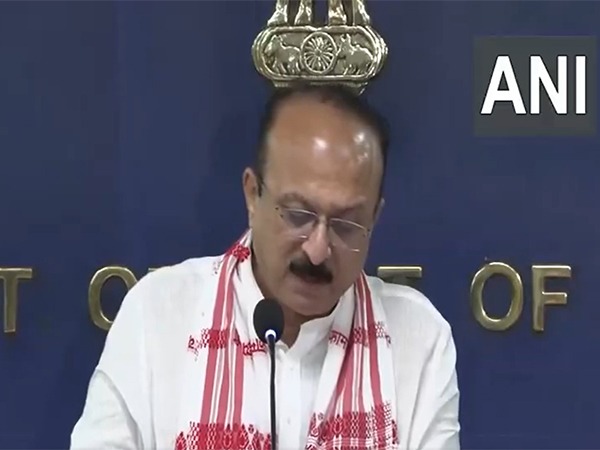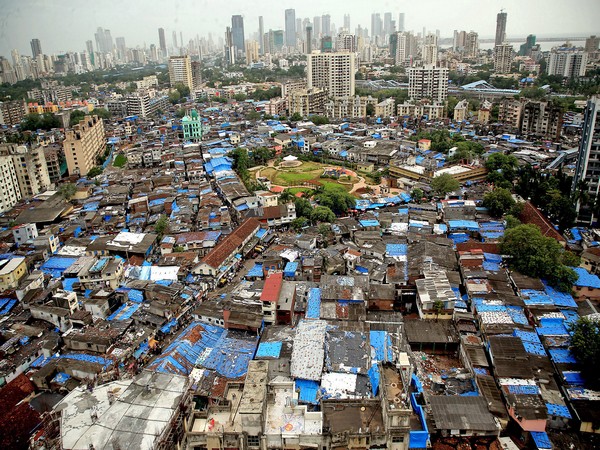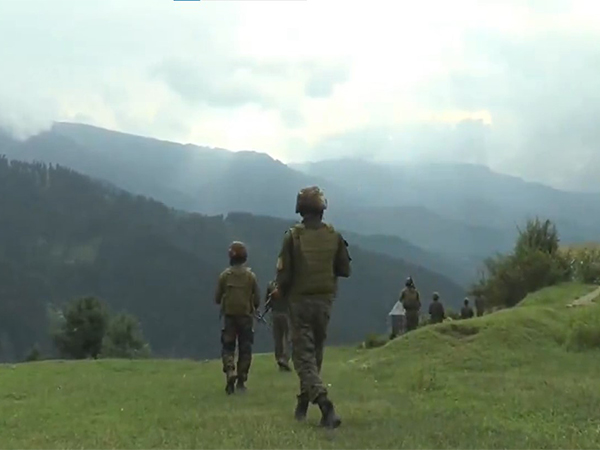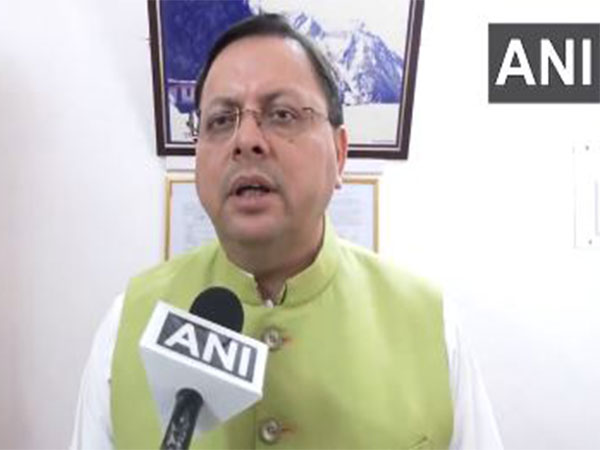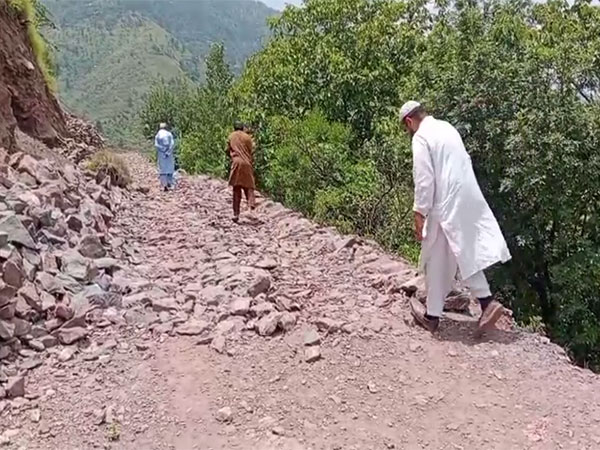
Corruption leaves Pakistan-Occupied Jammu-Kashmir without basic infrastructure for decades
Aug 06, 2025
Muzaffarabad [PoJK] August 6 : The ongoing neglect of infrastructure and public services in Pakistan-occupied Jammu & Kashmir (PoJK) has left thousands of residents without even the most essential facilities. Local community members are increasingly denouncing systemic corruption, political favouritism, and poor management of development funds.
Resident Saad Hameed Kayani noted that, despite the PoJK government allocating a significant budget for development initiatives each year, the funds rarely reach the areas that most desperately need them.
He claims that assembly members frequently direct projects to their political allies in return for allegiance, leading to inferior work and a total lack of accountability. Consequently, he mentioned, the public remains unaware of the benefits of the money that has been allocated for them.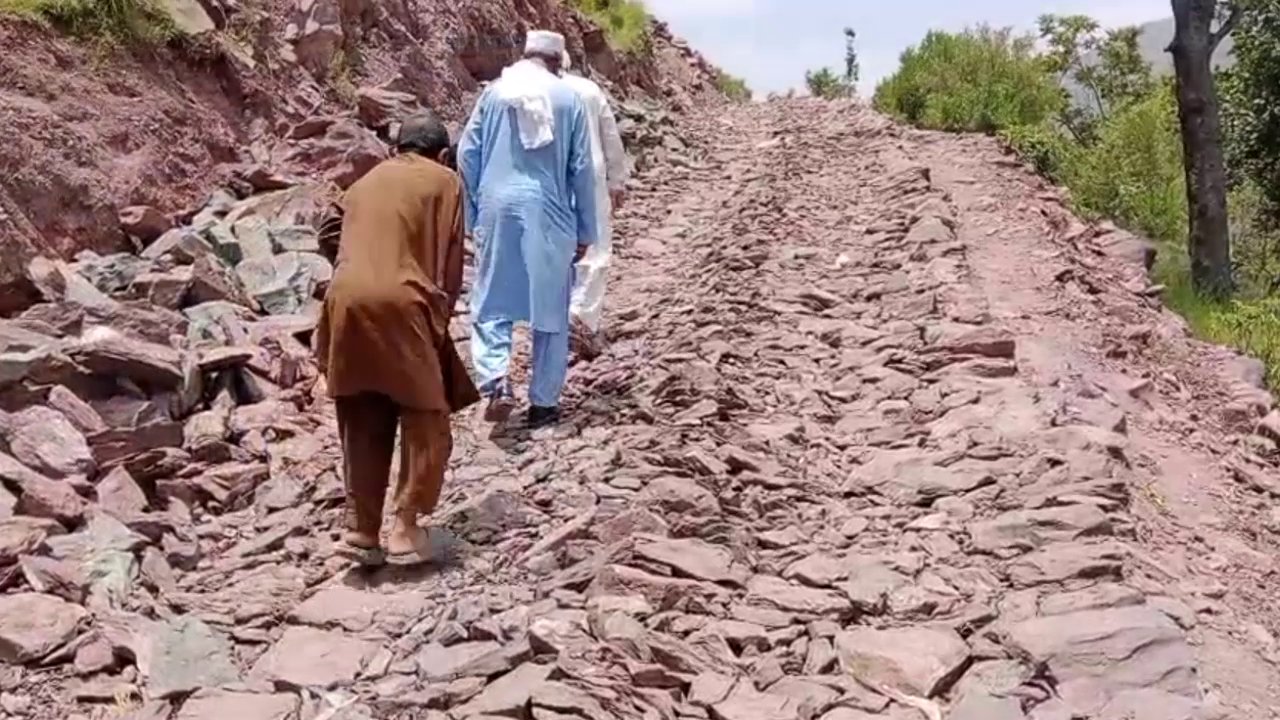
While standing alongside the so-called Defence Road, which is vital for nearly 30,000 residents, he pointed out that, despite its importance, the road remains in the same dire condition it was in two and a half decades ago. Vehicles are unable to traverse it, compelling individuals to transport goods on foot, while even patients must be carried manually.
The state of the road is particularly concerning given its role in trade. Trucks frequently travel through, delivering goods and contributing significant district tax revenue to the government. Nevertheless, the road suffers from cracks, lacks safety walls, and is not maintained properly. Kayani cautioned that in an emergency, vehicles could easily become trapped in its deep potholes, rendering it impassable.
Kayani emphasised that the neglect goes far beyond just roads. The region lacks a functioning District Health Unit (DHU), forcing residents to travel long distances for even the most basic medical services. This deficiency in health infrastructure consistently endangers patients' lives. Educational facilities are similarly disregarded. Many schools remain unfinished years after work commenced, and even those that have been completed are deteriorating, lacking essential furniture, teaching materials, and a sufficient number of teachers.
Due to these insufficiencies, children are compelled to travel to cities for their education. They trek long distances on damaged, dusty roads, often bearing heavy school bags that adversely affect their health. Elderly community members and patients suffer greatly because of the absence of adequate transportation options. The lack of a viable road network means that accessing hospitals, schools, or markets is a daily challenge.
Kayani also observed the absence of critical infrastructure such as protective forest cover, proper drainage, and roadside safety measures, despite the road being labelled a "Defence Road" due to its strategic importance. He stated that the root issue lies within the political and bureaucratic culture of PoJK, where development funds are selectively allocated to favoured political areas while leaving larger, more deserving regions completely overlooked.
He called on the government to ensure that contractors adhere to appropriate engineering standards, so roads are constructed to last and public funds are not squandered. Numerous other areas throughout PoJK lack infrastructure, healthcare, and educational resources, forcing residents to endure conditions that have scarcely changed over the decades.
